Latest News
 Opinion: Learning from landscapes
Opinion: Learning from landscapes
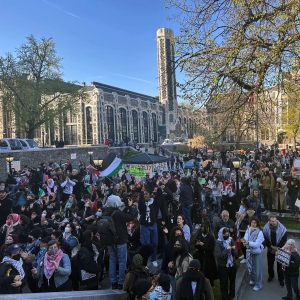 Opinion: ‘This being human is a guest house’
Opinion: ‘This being human is a guest house’

With new plan for multi-language learners, Concord School District shifts support for New American students
Every time Leanna Kenza laces up her sneakers and steps on the track, it gives her reprieve from the day-to-day drama of eighth grade and the chance to find a new friend.While most Rundlett Middle School parents were enrolling their kids in sports in...
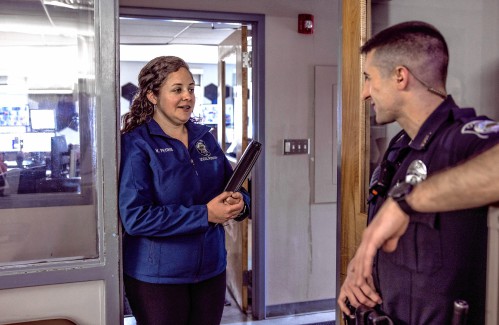
Skepticism turns to enthusiasm: Concord Police welcome new social worker
One of Nicole Petrin’s first cases in her new role as the Concord Police Department’s social worker drew frequent calls demanding officers’ attention.A senior woman with disabilities would often be wandering downtown. Chronically food insecure, she...
Most Read
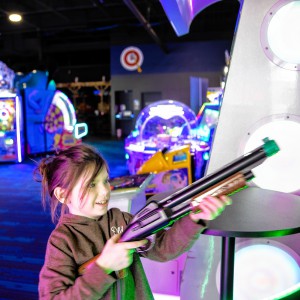 With Concord down to one movie theater, is there a future to cinema-going?
With Concord down to one movie theater, is there a future to cinema-going?
 “It’s beautiful” – Eight people experiencing homelessness to move into Pleasant Street apartments
“It’s beautiful” – Eight people experiencing homelessness to move into Pleasant Street apartments
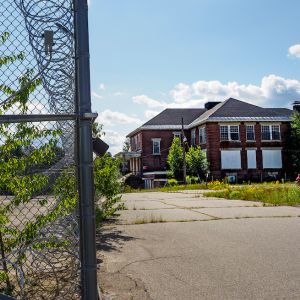 No deal. Laconia buyer misses deadline, state is out $21.5 million.
No deal. Laconia buyer misses deadline, state is out $21.5 million.
 Quickly extinguished fire leaves Concord man in critical condition
Quickly extinguished fire leaves Concord man in critical condition
 Concord police ask for help in identifying person of interest in incidents of cars being keyed during Republican Party event
Concord police ask for help in identifying person of interest in incidents of cars being keyed during Republican Party event
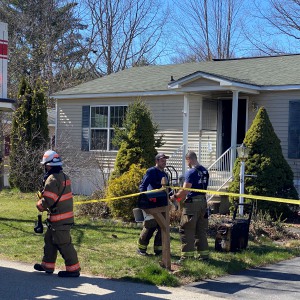 Update: Victim identified in Lantern Lane fire in Concord
Update: Victim identified in Lantern Lane fire in Concord
Editors Picks
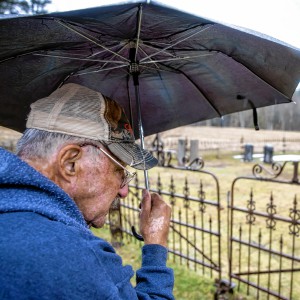 What’s in a name? Ask an Epsom Yeaton.
What’s in a name? Ask an Epsom Yeaton.
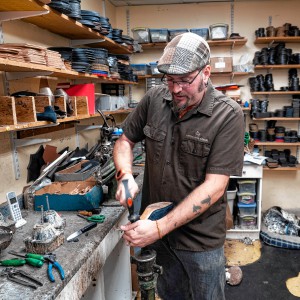 Downtown cobbler breathes life into tired shoes, the environmentally friendly way
Downtown cobbler breathes life into tired shoes, the environmentally friendly way
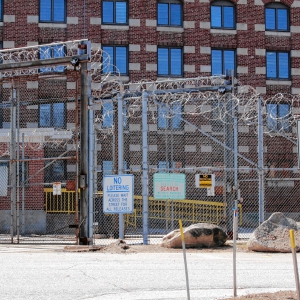 People of color incarcerated at higher rates in New Hampshire, but data is limited
People of color incarcerated at higher rates in New Hampshire, but data is limited
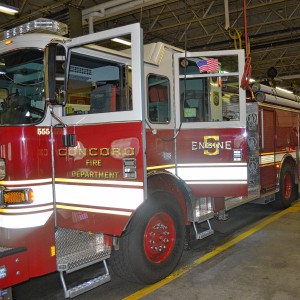 Former Concord firefighter sues city, claiming years of homophobic sexual harassment, retaliation
Former Concord firefighter sues city, claiming years of homophobic sexual harassment, retaliation
Sports

High schools: Bow track sweeps 4-team meet at Pembroke
Boys’ TrackBow 87, John Stark 57, Pembroke 43, Manchester West 34Key players: Bow – Kody McCranie (1st 100, 1st 200, 1st 400, 1st long jump), Wyatt Worcester (1st 1,600, 1st 3,200), Colin Atwell (1st high jump, 2nd 300 hurdles, 5th triple jump), Liam...
Opinion

Opinion: Summer camp registration: The only thing higher than the price is the anxiety
Brian Adams of Andover, Mass., is a UNH alumnus originally from Londonderry. He was previously a sketch comedy writing instructor and staff writer at ImprovBoston and a founding contributor to satirical online newspaper Recyculus. He is a father to...
 Opinion: The truth of it
Opinion: The truth of it
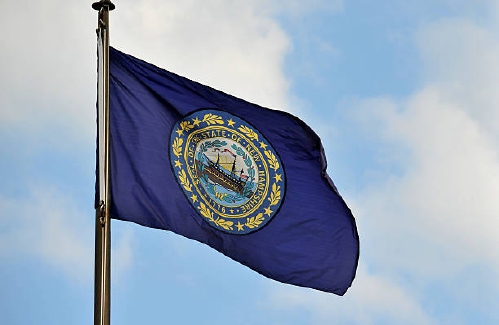 Opinion: A bad idea for New Hampshire
Opinion: A bad idea for New Hampshire
 Opinion: Medical Aid in Dying would have spared my father’s suffering
Opinion: Medical Aid in Dying would have spared my father’s suffering

Politics
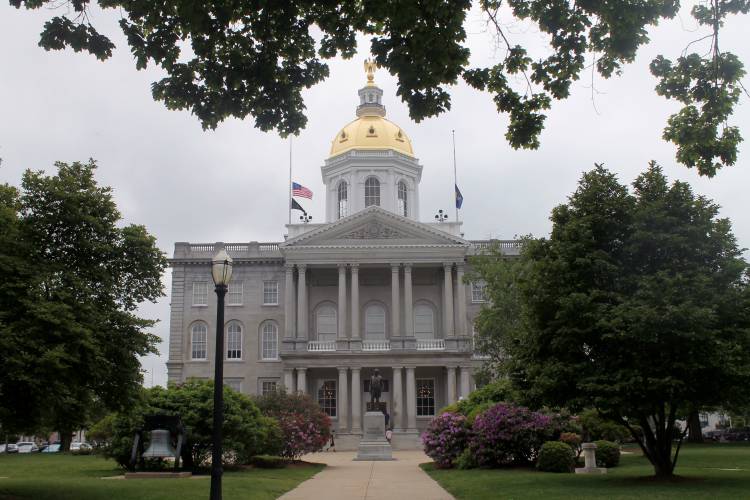
Charities will not have to pay rent to casinos under new law
Deb Leahy can finally breathe easy, freed from the fluctuating rental fees each time her organization partners with a New Hampshire casino for donations.Thanks to a new law, casinos are now prohibited from imposing rent charges on charities for...
 Sununu says he’ll support Trump even if he’s convicted
Sununu says he’ll support Trump even if he’s convicted
 NH mayors want more help from state on homelessness prevention funds
NH mayors want more help from state on homelessness prevention funds
 Two democrats with parallel views run for same State Senate seat
Two democrats with parallel views run for same State Senate seat
 House passes bill removing exceptions to state voter ID law
House passes bill removing exceptions to state voter ID law
Arts & Life

Homeyer: Tips for planning a successful garden
Despite late snow storms that dumped deep snow over much of New England, spring is right around the corner. Let’s take a look at some keys to a successful year in the vegetable garden.Don’t bite off more than you can chew. Yes, I grow about 40 tomato...
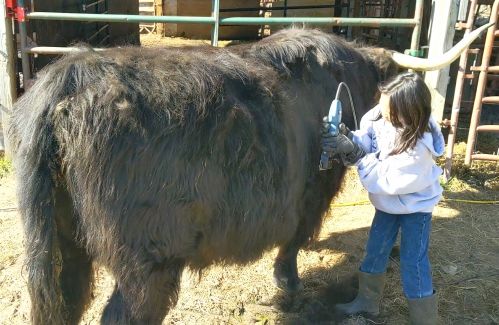 From the farm: The Cow Spa is open
From the farm: The Cow Spa is open
Obituaries
 Charles E. Lavalley Jr.
Charles E. Lavalley Jr.
Charles E. Lavalley, Jr. Allenstown, NH - Charles E. Lavalley, Jr, 95, passed away on Thursday, April 18, 2024 following a period of declining health. He was born on June 19, 1928 in Philadelphia, PA to the late Charles E. and Mary R. (B... remainder of obit for Charles E. Lavalley Jr.
 Clyde R.W. Garrigan
Clyde R.W. Garrigan
Concord, NH - Clyde Richard Wendell Garrigan, of Concord, NH passed away on Sunday, April 21, 2024. He was born on June 3, 1953 in Brooklyn, NY to Patrick and Barbara Garrigan. He was raised in Valley Stream, NY and graduated from Valle... remainder of obit for Clyde R.W. Garrigan
 Joanna M. Cloe
Joanna M. Cloe
formerly of Pembroke, NH - Joanna Mary (Cavanagh) Cloe, 79, passed away in Florida April 17th after a short illness. She was formerly a longtime resident of Pembroke, NH and member of St. John the Baptist Church. She was born in Bat... remainder of obit for Joanna M. Cloe
 Rita A. French
Rita A. French
Contoocook, NH - Rita A. French, age 98, of Park Ave, passed away peacefully on Monday, April 22, 2024 at her home. She was born in Barton, VT one of 7 Children to the late Samuel and Myra (Leonard) Paul. Rita worked at Concord Hos... remainder of obit for Rita A. French

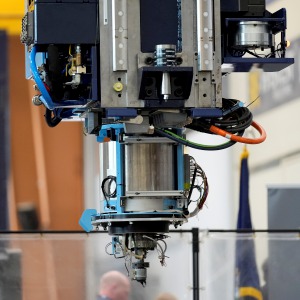 The world’s largest 3D printer is at a university in Maine. It just unveiled an even bigger one
The world’s largest 3D printer is at a university in Maine. It just unveiled an even bigger one
 Suicide rates in New Hampshire declining since 2018, report says
Suicide rates in New Hampshire declining since 2018, report says
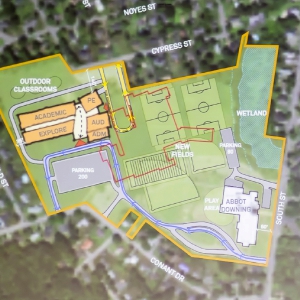 Opinion: The Concord School Board can restore trust with residents
Opinion: The Concord School Board can restore trust with residents
 Concord man charged felony criminal mischief following vandalism outside NH GOP event
Concord man charged felony criminal mischief following vandalism outside NH GOP event
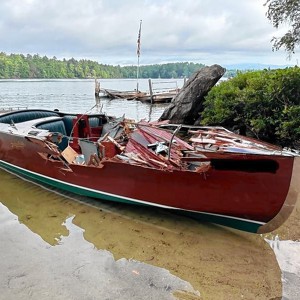 Getaway driver in Winnipesaukee hit-and-run arrested
Getaway driver in Winnipesaukee hit-and-run arrested
 Head of NH Port Authority placed on administrative leave
Head of NH Port Authority placed on administrative leave
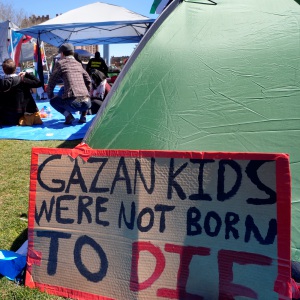 As UNH hosts rally against Gaza war, lawmakers weigh campus free speech protections
As UNH hosts rally against Gaza war, lawmakers weigh campus free speech protections

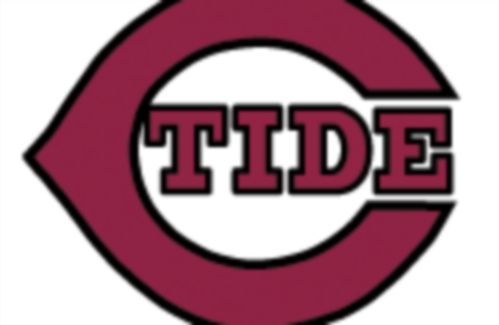 High schools: Concord girls’ lax picks up first win, Tide softball handed first loss in pitchers’ duel
High schools: Concord girls’ lax picks up first win, Tide softball handed first loss in pitchers’ duel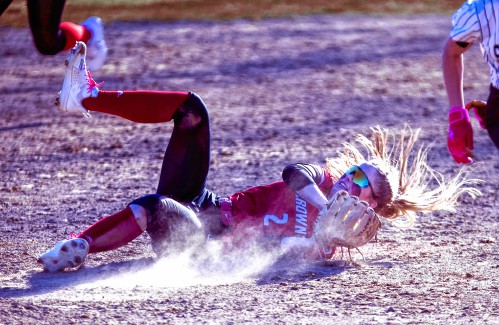 High schools: Coe-Brown softball wins 5th straight, Concord’s McDonald pitches first varsity win, Tide’s Doherty scores 100th career point
High schools: Coe-Brown softball wins 5th straight, Concord’s McDonald pitches first varsity win, Tide’s Doherty scores 100th career point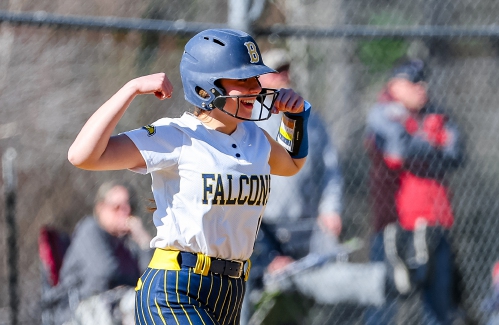 High schools: Bow’s Kelly lifts Falcon softball to victory in walk-off, more Monday results, plus Saturday’s track meets
High schools: Bow’s Kelly lifts Falcon softball to victory in walk-off, more Monday results, plus Saturday’s track meets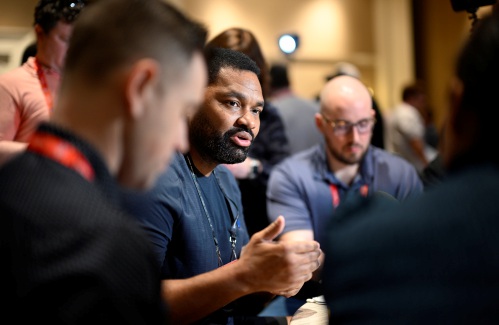 Patriots’ draft approach likely to be different in post-Belichick era
Patriots’ draft approach likely to be different in post-Belichick era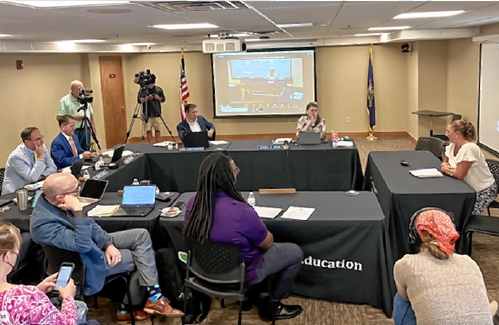 Opinion: Public school standards overhaul will impact every facet of public education in NH
Opinion: Public school standards overhaul will impact every facet of public education in NH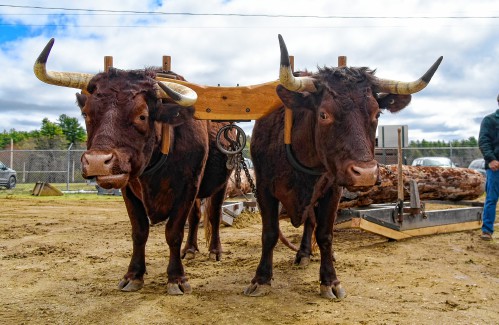 Celebrate agriculture, education, and community at the NH Farm, Forest, and Garden Expo
Celebrate agriculture, education, and community at the NH Farm, Forest, and Garden Expo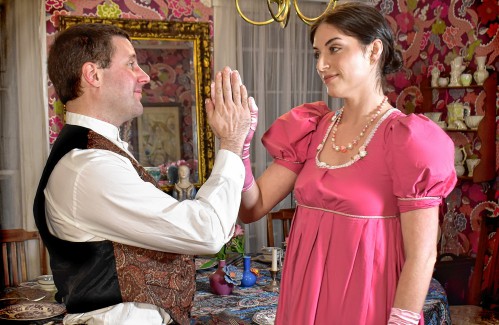 Community Players of Concord present newest adaptation of Pride and Prejudice
Community Players of Concord present newest adaptation of Pride and Prejudice Concord Monitor editor Mike Pride’s final book explores the lives, works of Northern New England poets
Concord Monitor editor Mike Pride’s final book explores the lives, works of Northern New England poets
